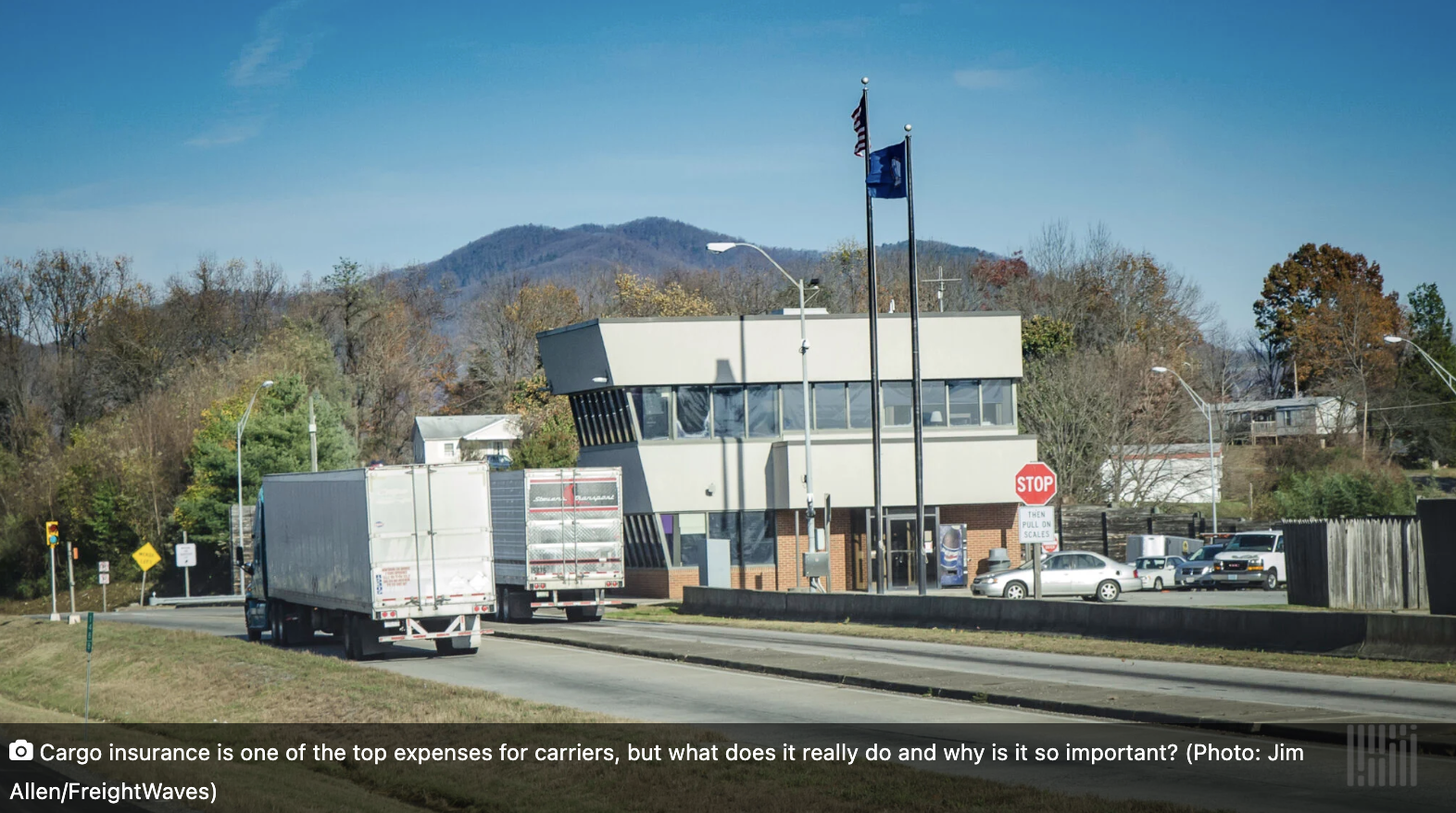


Recent trucking market conditions have made it harder for carriers to turn profits as carrier costs continue to rise, but rates are not following the same trend. Some carriers have had to take freight at a loss to keep trucks running.
When it comes to major expenses for carriers, the top four are fuel costs, truck/trailer lease payments, repair and maintenance, and insurance premiums. According to an American Transportation Research Institute survey that looked at 2023 costs compared to 2022 costs for carriers, truck insurance premiums were up 12.5% on average compared to 2022.
With insurance being a massive part of a carrier’s operating budget, it raises questions, like what exactly is carrier insurance, and what are the benefits and pitfalls of different policies?
Andrew Haun, SVP of Sales, Strategic Accounts at Reliance Partners said, “At its most basic form cargo insurance is insurance that protects goods or the property of others while being transported. Carriers need insurance because while the cargo is under their care, it’s their responsibility. For example a 10-unit trucking company could be responsible for $1 million in property of others at any given time.”
The Federal Motor Carrier Safety Administration requires motor carriers to hold a minimum of $750,000 of liability insurance, which isn’t applicable to cargo insurance, in order to attain authority to operate on the roads. Certain states have their own minimums for companies doing business or domiciles in the state.
Read more: FreightWaves
561-295-1777